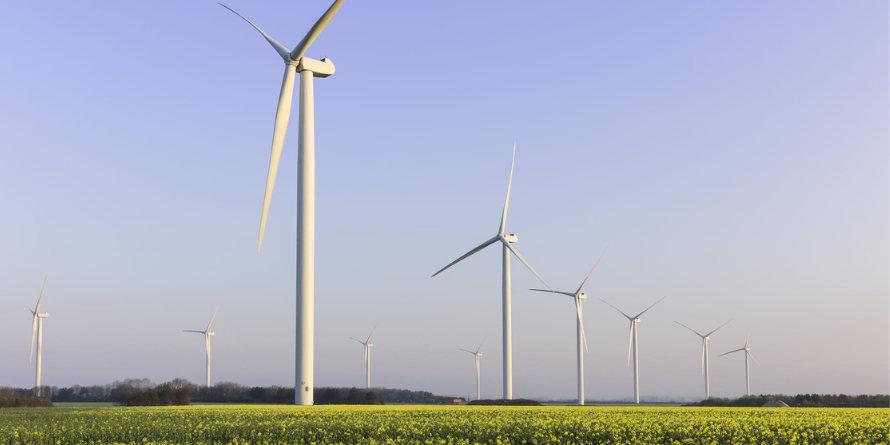The competition watchdog has ordered National Grid not to start integrating Western Power Distribution (WPD) into its business while it looks into the £7.8 billion acquisition.
The Competition and Markets Authority (CMA) has issued an initial enforcement order for the companies to carry on operating separately until it has concluded its merger review.
The £7.8bn deal to acquire WPD, the electricity distribution network operator for the Midlands, South Wales and the South West, was announced in March and completed this week.
A National Grid spokesperson said: "Following National Grid's voluntary notification of the WPD acquisition, the CMA is undertaking its merger review which has not yet concluded. As a result, and as is customary in such circumstances, the CMA has issued an initial enforcement order, requiring the WPD Group to continue to be run independently from National Grid and under its existing management until the CMA review has completed.”
When the deal was first announced National Grid said it was a “one-off opportunity to acquire a significant scale position in UK electricity distribution”.
“WPD has a high quality, fast growing asset base and an excellent track record of customer satisfaction, operational performance and financial returns,” it said.
Read more

 United States
United States Australia
Australia





